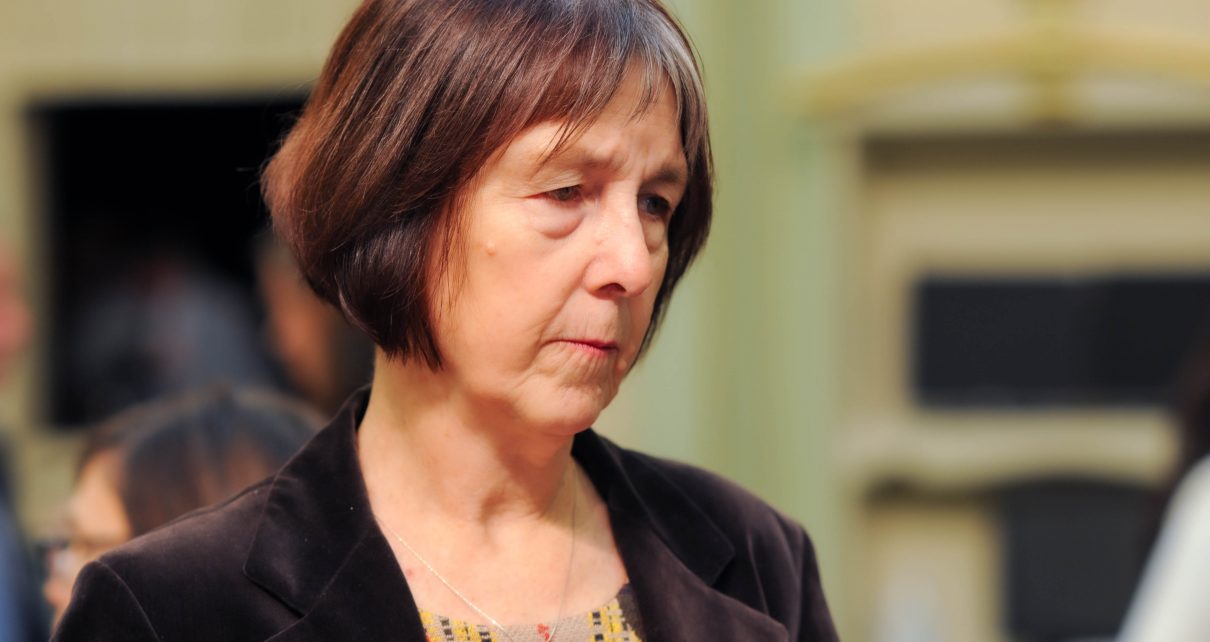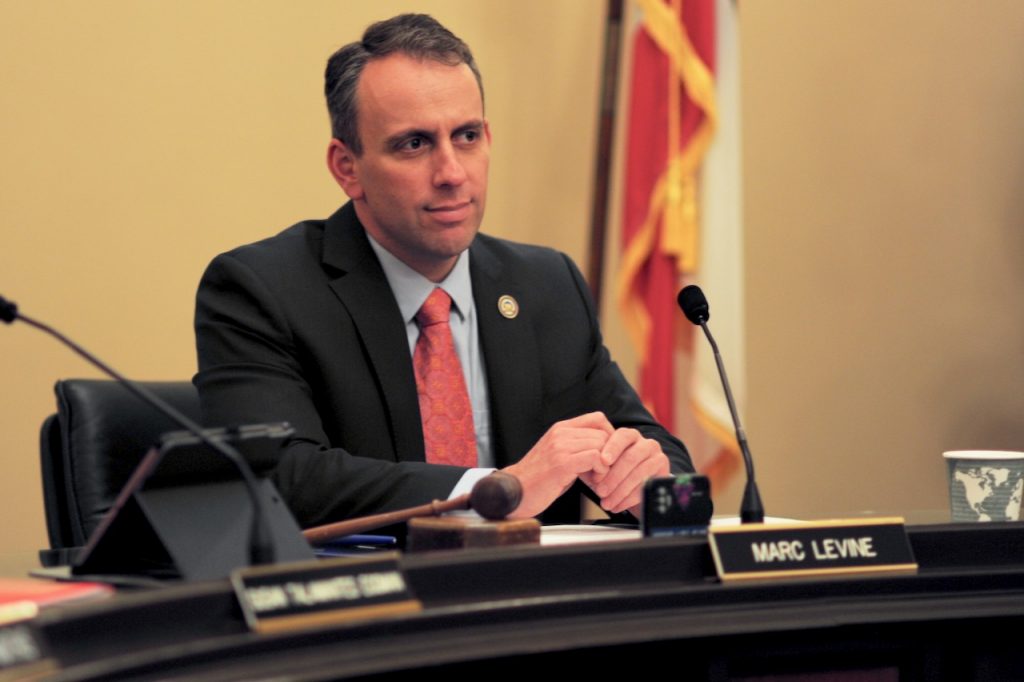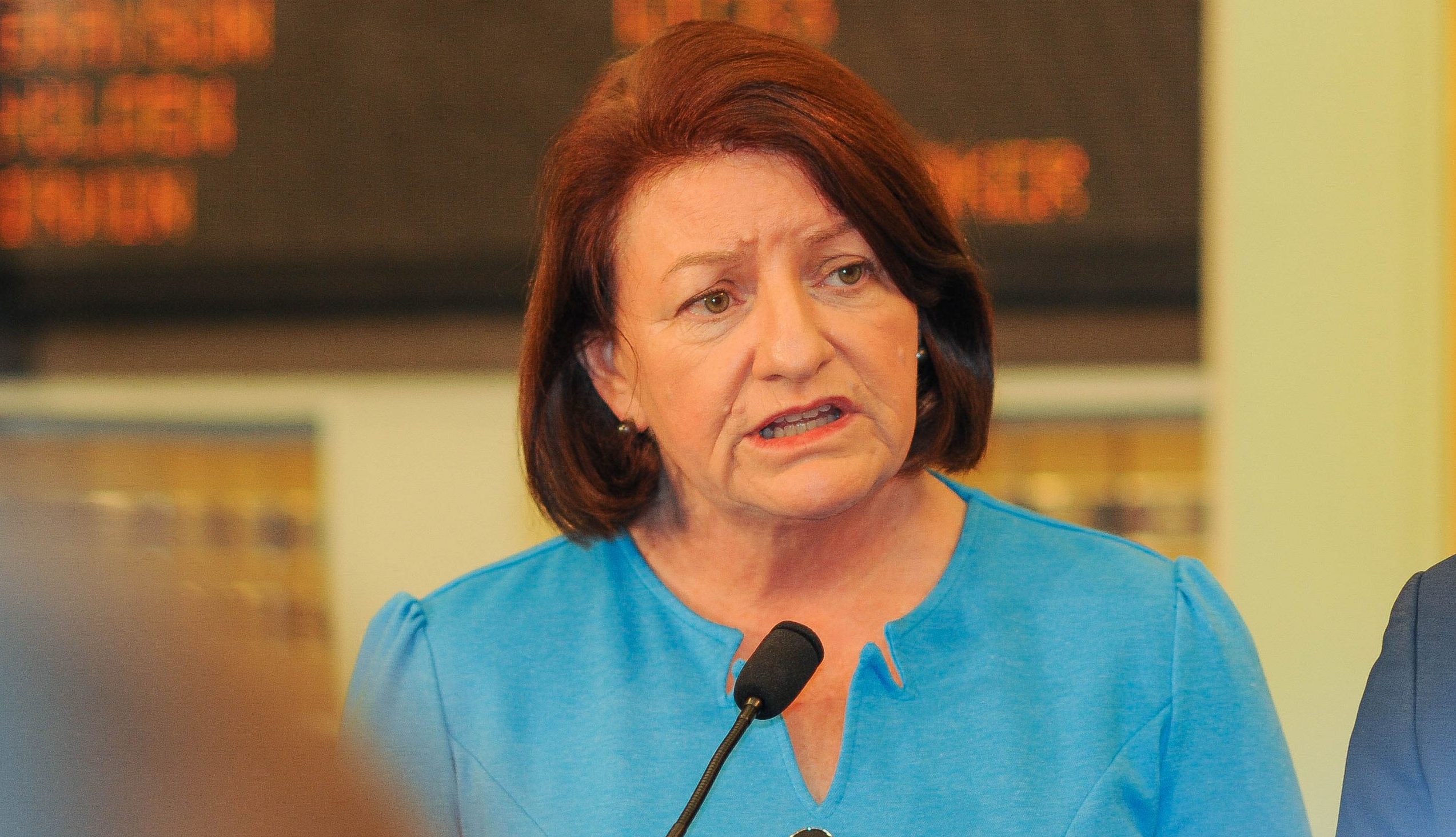
Senator Nancy Skinner. (Photo: Kevin Sanders for California Globe)
Senate to Hold Special Committee Hearing on Coronavirus Outbreak in State Prisons
High rates of cases, deaths in state prisons will be at forefront of hearing
By Evan Symon, June 24, 2020 2:37 pm
On Tuesday, Senate Public Safety Committee Chairwoman, Senator Nancy Skinner (D-Berkeley), announced that a special oversight hearing on the coronavirus pandemic in California prisons would begin early next month due to the dramatic rise in deaths and cases.
4,500 coronavirus cases, 20 deaths
The California Department of Corrections and Rehabilitation (CDCR) has confirmed that cases have been rising quickly throughout the system during the last few months. San Quentin recently reached 300 cases within the prison, then jumped up 100 cases in less than 48 hours. Chino and Corcoran reported hundreds of new cases despite having zero or nearly zero in May. Some, like Chuckawalla and Chino, have been hit hard the most, reporting over 1,000 cases and over 800 cases respectively last week. As of Tuesday, nearly 4,500 coronavirus cases have been reported in CDCR prisons.
The death toll has also increased, with the 20th California prisoner dying at Avenal shortly before Senator Skinner’s announcement.
To combat the growing number of cases, prison officials had been instituting early releases. Since April, thousands of non-violent criminals who were only months away from completing their sentences have been released. By June, the parameters for release were increased to allow non-violent criminals six months away from release who had a place to stay outside the prison. However, despite thousands of releases, the close quarters of prisons has not reduced the spread.
“Most California prisons have small cells where, at any given time, you will be less than six feet away from at least one person to five people,” noted prison consultant Doug Gilmore. “Prisons are very susceptible to virus spread because of how they are laid out and because how keeping prisoners relatively close together is designed into most prisons.”
“These can be breeding grounds for COVID, especially with prison guards and others coming in and out of prisons frequently.”
“And that’s why, even with all the releases, we are still seeing coronavirus cases soar in prisons. It’s not easy to isolate there, everyone is close, and the public often turns a blind eye to what is happening in prisons and to prisoner welfare itself. If these rates had been in a school or church or other big area, it would be making headlines. Instead, they’re lucky to be mentioned once a week, if at all.”
The dangers of prison transfers
Prisons have also been transferring inmates around, with healthier prisons such as Corcoran moving around prisoners to other facilities to attempt to stop the spread the virus. However, the efforts may have also inadvertently added fuel to the fire due to sudden jumps in many prisons involved with transfers.
“There could have been some cases in San Quentin and Corcoran before this transfer, I say that knowing there’s wasn’t widespread testing,” said Senator Skinner on Tuesday. “But certainly there were none that were reported, and there certainly couldn’t have been many. Because of the correlation between growth of cases and transfers, it can’t be coincidence. It is hard to imagine that if testing were done within one to two days within the transfer that you would have this many cases.”
Senator Skinner plans to address this issue among numerous more in the special hearing. Coronavirus spread and eradication in prisons are among the top issues to be discussed, along with what the CDCR’s plans are both short and long term in terms of dealing with the virus.

“The process of transferring incarcerated people from Chino, which had one of the highest COVID-19 infection rates, to San Quentin, which had no known cases, raises serious questions about CDCR’s management of the pandemic,” added Senator Skinner in a statement. “While state government overall has done a good job managing the coronavirus crisis, the same care and attention has not been applied to California’s largest congregate settings: state prisons. We can and must do better.”
“The incarcerated individuals and staff are the responsibility of the state of California. We have to do better.”
Assemblyman Marc Levine (D-Greenbrae), who also called for such a hearing, responded to the hearing formation on Tuesday by pushing for epidemiologists to help make prison decisions due to the worsening situation in state prisons.
“The outbreak was predicted,” tweeted Assemblyman Levine.”We warned the prisons. We saw the outbreak play out in slow motion as they made avoidable errors. We must replace wardens with epidemiologists that have decision making authority. We need to rely on science to protect human life and public health.”
The Senate Public Safety Committee meeting on prisons is due to be held on July 1st.
- California Illegal Immigrant Arrests On The Rise With Renewed Federal West Coast Focus - July 12, 2025
- Bill to Prevent Streaming Services From Airing Ads That Are Too Loud Continues Rise Through The Assembly - July 11, 2025
- Bill to Create More Education Requirements for Potential Peace Officers Passes Sen. Committee - July 11, 2025







Criminals dying from the Kung Flu…is this a bad thing?
Be sure and empty the prisons of hard core criminals so that mask scofflaws can be incarcerated.
What once, not so long ago, seemed completely absurd is probably now true.